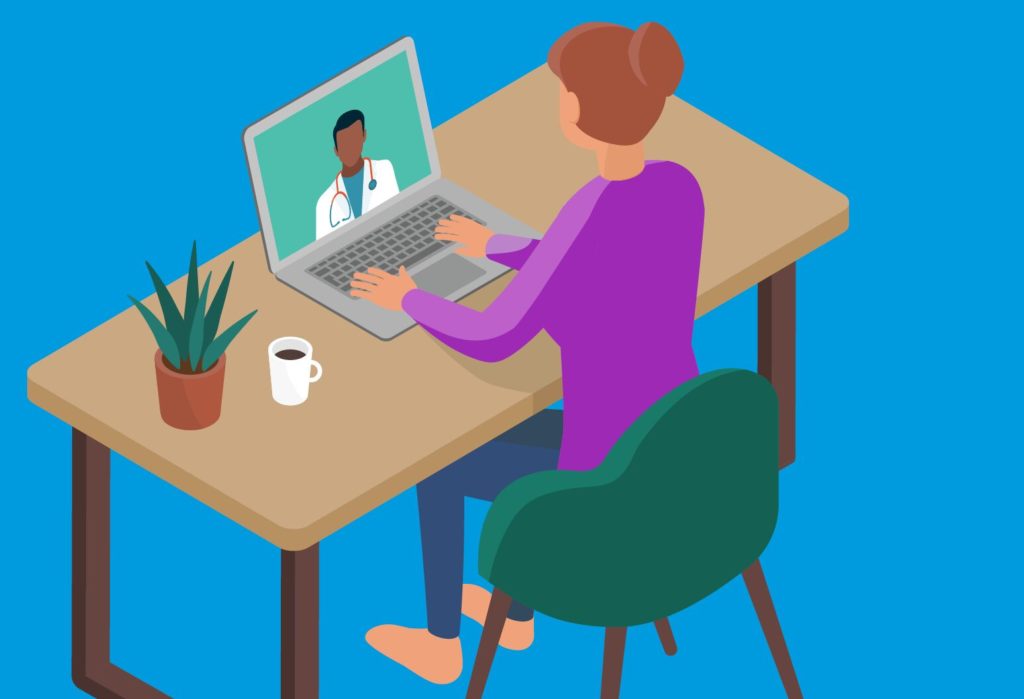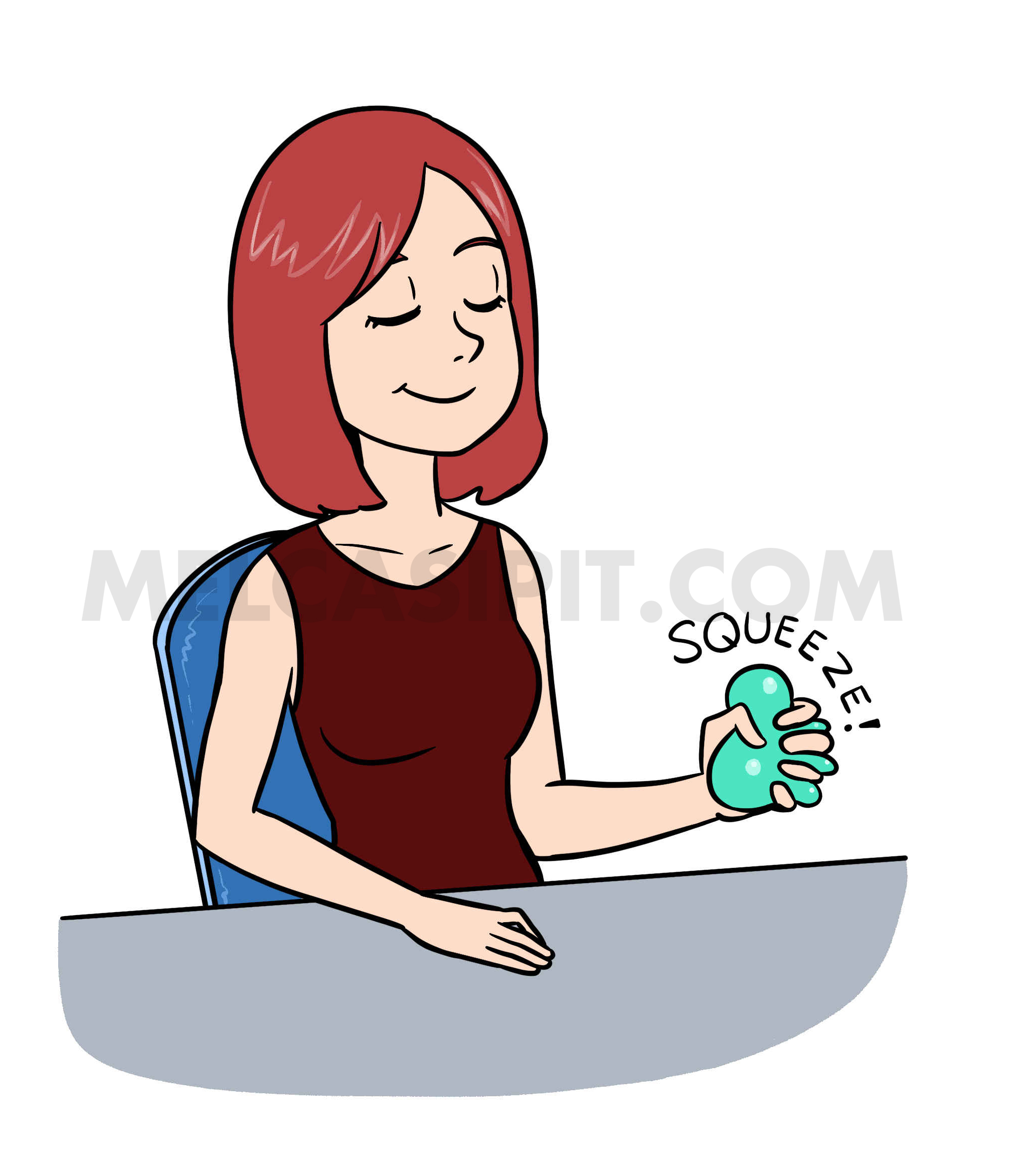Depression and anxiety are common mental health problems prevalent among undergraduate, graduate and professional students attending university. In addition to the usual homework load, exams and grades that contribute to a student’s stress, this year has been especially difficult due to the COVID-19 pandemic and mandated isolations which have impacted social events, family time, classes, clinicals, labs and work. The unique and restrictive circumstances established this year to protect the public has also exacerbated mental health concerns. The frequency that students and young adults experience mental health issues has elevated significantly.
If you are experiencing symptoms of depression and anxiety, seeking professional help is always recommended, however, there are tips you can try:
Guided Meditation – Calm App & Headspace App
Yoga or Relaxing Exercises

Adult Coloring Books
:max_bytes(150000):strip_icc():format(webp)/free-printable-coloring-pages-for-adults-1358144_FinalV2-492a80fd37e9417cb6a69b6148a5cac2.gif)

5-4-3-2-1 Grounding Technique
Use the 5 senses to focus on the current moment and quiet the anxious and overwhelming thoughts that can cause panic. Acknowledge 5 things you see, 4 things you can touch, 3 things you can hear, 2 things you can smell and 1 thing you can taste.

Virtual Therapy
Meet with a therapist virtually if meeting in person isn’t an option. There are also services that provide speaking over the phone or texting for those who don’t like to video chat.

Breathing Techniques
Monitoring and calming your breathing can work wonders during an anxiety or panic attack. Guided animated breathing is also useful since it provides a distraction and redirects focus away from anxious thoughts.

Stress Relief Item
Keep a calming item with you in your backpack, purse or on a keychain. This could be a stress ball, container of slime, fidget spinner, a smooth sensory object (ex. rock/crystal), or a soft sensory object (ex. stuffed animal/blanket)



